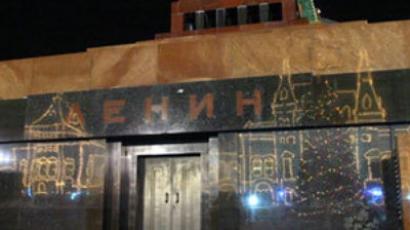Belarus backs Georgia over Abkhazia and South Ossetia
Belarus has told its citizens they should abide by Georgian laws when visiting Abkhazia or South Ossetia, and the Belarusian Foreign Ministry says visitors should only use entrance points on Georgian territory.
Since the early nineties Abkhazia and South Ossetia have been de facto independent from Georgia after claiming sovereignty, though it was not until last August, after Russia helped repel a Georgian offensive, that Moscow officially recognized their independence.
Belarus did not follow suit, and has recently been involved in a series of trade rows with Russia, which imposed bans on milk and meat.
Russia’s Deputy Minister of Foreign Affairs, Grigory Karasin, called the recommendations from Belarusian officials addressed to their citizens as “strange”.
“After what we had been told by the Belarusian government earlier, this [move] seems illogical,” the Russian diplomat stressed, as quoted by Interfax.
According to him, various Belarusian authorities are now actively developing economic ties with both Abkhazia and South Ossetia.
Referring to the results of his consultations with the EU and NATO officials in Brussels, Karasin noted that the issue of the recognition of the two republics is not on their agenda.
“It is more important for the inhabitants of those republics that they have been recognized by Russia. This guarantees peace and stability – something they were lacking for the past 10-15 years,” Grigory Karasin added.
Dmitry Polikanov, a political analyst from Russia’s Centre of Political Studies, provided his comments:
“Belarus has always been Russia’s major ally on the post-Soviet space. However, its policy now is characterized with some contradictory signals. Belarus is now allegedly following the same multi-vectored approach Russia has always been proud of, but that looks strange because Belarus’ economy is highly dependent on economic aid from Russia.”
“Belarus has always been fond of bargaining, and maybe we are now witnessing a new stage of Russia-Belarus relations,” he added.
"Russia should try to be more flexible in its approaches to CIS countries, rather than giving orders and commands to its neighbors,” concluded Polikanov.













